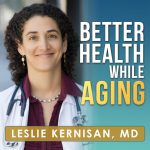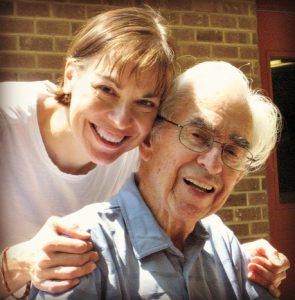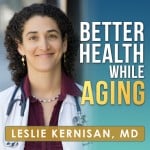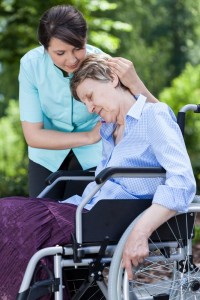As you may know, hospitalization is actually somewhat risky for older adults.
This is sometimes surprising to older adults and families. After all, hospitals are supposed to be places where people who are ill or injured can get the medical supervision and services that they need, to recover and be restored to health.
Well, it’s certainly true that hospitalization is often the only way for a person to obtain more substantial care from nurses and doctors. (There actually is an alternative called Hospital at Home, but it’s not widely available.)
If you’ve broken a hip, or have developed really significant shortness of breath from pneumonia, or otherwise are too unwell to be safely treated in the outpatient setting, hospitalization is often necessary. And since aging increases one’s vulnerability to a variety of health problems, older adults get hospitalized at higher rates than younger people do.
The problem, however, is that although hospitalization is intended to help patients, we’ve also realized that it tends to stress the body and mind in many ways. This is hard on every patient, but especially affects older adults. For instance:
[Read more…]



 You’ve likely already heard the news: the flu is pretty bad this year, with the Centers for Disease Control (CDC)
You’ve likely already heard the news: the flu is pretty bad this year, with the Centers for Disease Control (CDC) 


